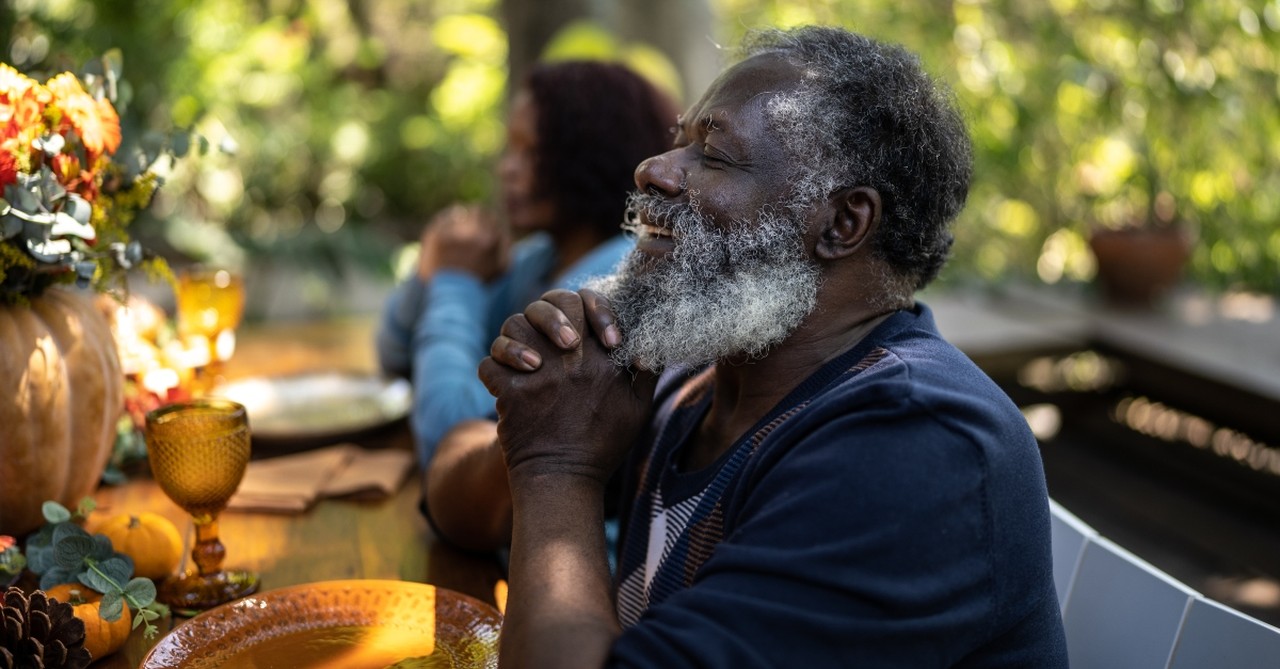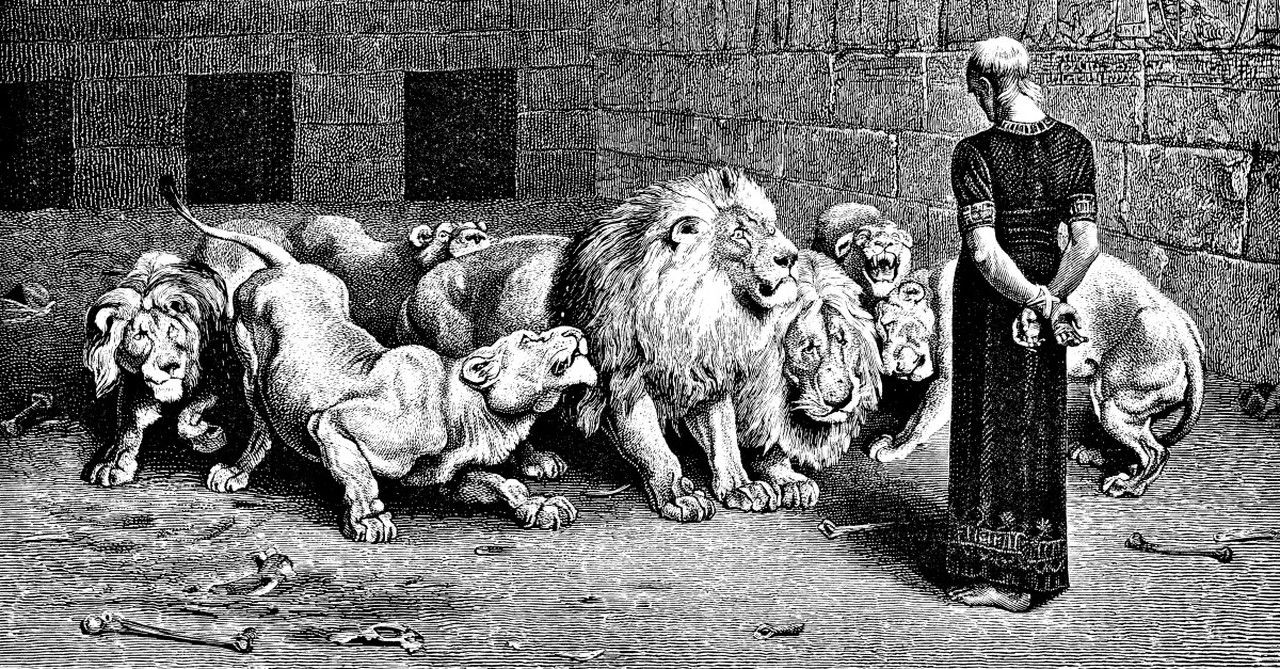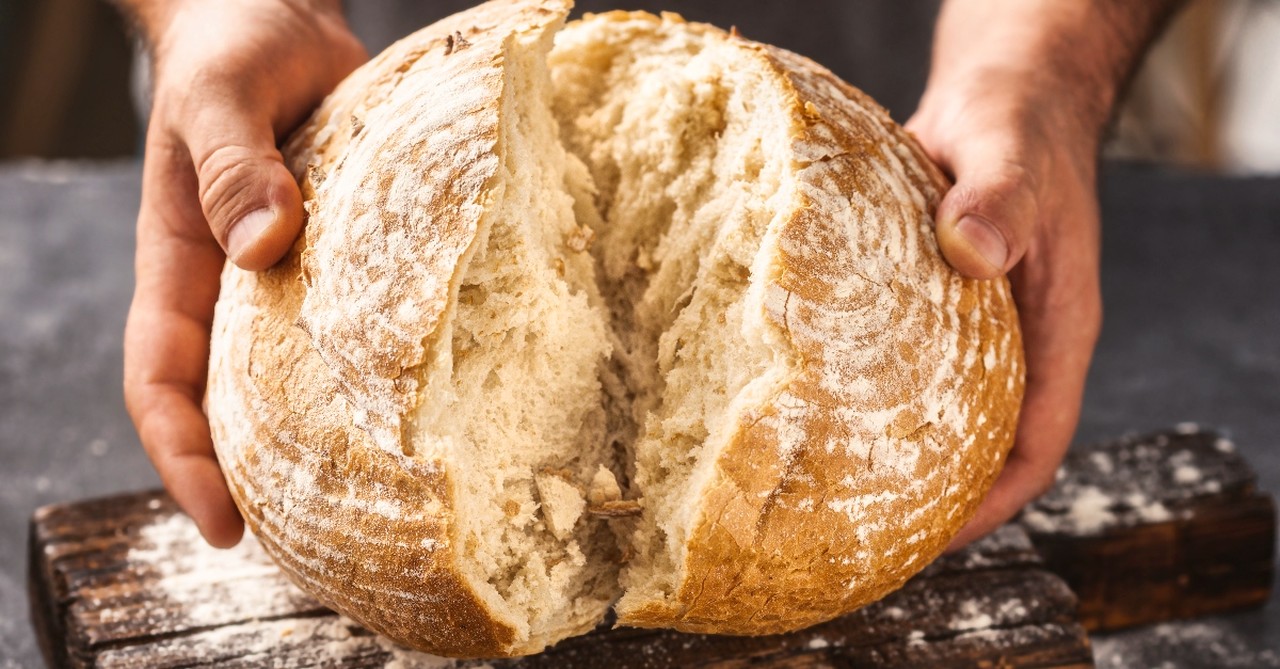7 Forgotten Biblical Lessons to Revitalize Your Thanksgiving Tradition

Celebrating Thanksgiving Day year after year, with the usual routine and practices, can sometimes leave us with a feeling of just going through the motions, leading some to lose the heart of what it means for our nation to focus on and celebrate thankfulness.
To many individuals, it has become just another holiday to spend with family, eating and having fun doing the things we love doing. But Thanksgiving Day began in our country out of grateful hearts expressing thankfulness to God our Creator, Defender, Deliverer, and Provider.
America’s National Thanksgiving Day Based on Biblical Principles
Along with the Pilgrims committing to a day of thankfulness to God, during the American Revolution, before our nation was officially birthed, the Continental Congress called colonists to national days of thanksgiving, asking all citizens to express gratefulness to God for His divine protection over our troops. Despite what some may try to dismiss, America’s founders understood what Deuteronomy 20:4 proclaims, “For the Lord your God is the one who goes with you to fight for you against your enemies to give you victory.”
Inspired by our newly formed nation’s military victories, in 1789, President George Washington declared the first official Thanksgiving proclamation, setting aside time for all citizens to thank God for the end of the war and the Constitution’s successful ratification.
Biblical Lessons Help Nations to Be Thankful
Our nation’s founders were on the right path when they set days aside for national Thanksgiving. They understood the value of honoring God and giving Him credit for His help in beginning our emerging country.
Psalm 107:31 encourages, “Let them give thanks to the Lord for His unfailing love and His wonderful deeds for mankind.”
Nations giving thanks to God is biblical. Psalm 57:9 urges, “I will praise you, Lord, among the nations; I will sing of your among the peoples.”
America’s founders’ basis for Thanksgiving Day came from biblical truths. The following are seven forgotten biblical lessons to remind us why thankfulness is essential to us and our nation and to revitalize our Thanksgiving Day traditions.
Photo credit: ©GettyImages/AlexRaths
1. Thankfulness Carries Us through Difficulties

1. Thankfulness Carries Us through Difficulties
SLIDE 1 OF 6
King David stands out in Scripture as one who continually gave thanks to God in the midst of trouble, writing, “I will give thanks to you, Lord, with all my heart; I will tell of all your wonderful deeds” (Psalm 9:1).
So many of his psalms focus on thankfulness, reaffirming how gratefulness is not dependent upon our circumstances but rather on the condition of our hearts instead of what’s going on around us in our situations. Like thankfulness helped David to stay close to God, giving thanks keeps the attitudes of our hearts softened and turned toward Him rather than focused on what problems are taking place in the world.
David, too, understood the importance of national thanksgiving and of declaring to other nations our gratefulness to God. His words in Psalm 105:1 urge, “Give praise to the Lord, proclaim His name; make known among the nations what He has done.”
Photo credit: ©Getty Images/FG Trade
2. Thankfulness Leads to God’s Protection

2. Thankfulness Leads to God’s Protection
SLIDE 2 OF 6
Although many know the story of Daniel in the lion’s den, some may not know what led up to his walking away from it scratch-free. In Daniel 6:7, we discover why he was headed toward the den. “The royal administrators, prefects, satraps, advisers and governors have all agreed that the king should issue an edict and enforce the decrees that anyone who prays to any god or human being during the next thirty days, except to you, Your Majesty, shall be thrown into the lion’s den.”
Daniel was doing such an amazing job serving King Darius, that he made fast enemies in the king’s court who sought to remove him from power. But because Daniel was so upright, they couldn’t find anything legitimate to bring against him. Knowing he was devout in his commitment to serve God, they devised a decree they knew he wouldn’t keep.
So, how did Daniel respond when hearing their wicked decree? “Now when Daniel learned that the decree had been published, he went home to his upstairs room where the windows opened toward Jerusalem. Three times a day he got down on his knees and prayed, giving thanks to his God, just as he had done before” (Daniel 6:10).
Daniel turned to thankfulness to God, which led to his life being spared and protected in the lion’s den. Through his story, we see how thankfulness brings God’s protection over our lives, and how beneficial it can be to our lives, to express gratefulness every day of the year.
Photo credit: ©GettyImages/CatLane
3. Thankfulness Turns Bitter into Better

3. Thankfulness Turns Bitter into Better
SLIDE 3 OF 6
In 2 Kings 4:38, we read of a great famine in the land of Gilgal during the time of the prophet Elisha. Without resources to draw from, he instructed his servants to put together a large pot of stew. Yet, his request seemed impossible at the time. With no food to cook with, they went out into the landscape looking for wild herbs and gourds, collecting as much as possible, bringing them back, and chopping them up for the stew.
But after testing it and finding it bitter, they started wailing, realizing they didn’t know what they were doing and it could possibly kill them. When Elisha heard, his unshakeable faith in God’s provision kicked in, directing them to mix flour in with the potentially poisonous stew, saying, “’Serve it to the people to eat.’ And there was nothing harmful in the pot” (2 Kings 4:41).
In times of shortages, God can turn what little or insufficient we have and make it better. Not that we should look for poisonous ingredients to work with, but at a time when all we might have to work with is our low-cost, off-brand, dented, and expired food products, we can look to Him for help, knowing God can lead us to one addition that can transform our less-than-perfect ingredients into something delicious and nutritious.
Photo credit: ©GettyImages/AaronAmat
4. Thankfulness Stretches Resources

4. Thankfulness Stretches Resources
SLIDE 4 OF 6
With inflation and the rising cost of all the fixings, there are probably those who feel like they can’t host a Thanksgiving dinner because of their limited resources. But again, when we want to see what to do with limited resources, we can look to the prophet Elisha who relied on God to stretch what was on hand to feed many.
When given little, Elisha didn’t seem to even flinch as to what to do in the situation. In 2 Kings 4:42-44, he was given a sack of 20 loaves of barley bread and expected to feed more than 100 men with it. The limited supply didn’t faze or trip up Elisha, as he directed his servant to give it to the people to eat. But his servant saw the littleness of the loaves in comparison to the size of the 100 men, asking “How am I to set twenty loaves before a hundred men?”
Rather than complaining to God about what was lacking, Elisha trusted what God had provided in his unwavering way, replying, “’Give it to the people to eat,’ said Elisha, ‘for this is what the Lord says: “They will eat and have some left over.’”
Although Scripture doesn’t record Elisha specifically thanking God or expressing gratitude in the situation, 2 Kings 4:44 tells us what happened next when his servant followed his orders. “So he set it before them, and they ate and had some left over, according to the word of the Lord.”
We’re not given the details of what happened next if the loaves just kept multiplying, and if so, to how many? Or, what exactly took place in the situation? We just know there was more than enough bread to serve to the men, with plenty of leftovers.
Photo Credit: ©iStock/Getty Images Plus/KucherAV
5. Thankfulness Brings Rewards

5. Thankfulness Brings Rewards
SLIDE 5 OF 6
In Luke 2:36-38, Scripture describes a prophetess named Anna from the tribe of Asher. By the time we’re introduced to her, she is very old, widowed at a young age, now eighty-four in age. Anna was committed to staying in the temple, worshipping night and day, fasting and praying.
The day Joseph, Mary, and baby Jesus arrived at the temple, Anna heard Simeon praising God over Him. “Coming up to them at that very moment, she gave thanks to God and spoke about the child to all who were looking toward the redemption of Jerusalem.
Through Anna’s service in the temple, having a thankful heart toward God, and expecting to see His redemption, she was rewarded. Anna was willing to practice every day in the temple, what Hebrews 13:15 encourages us to do.
“Through Jesus, therefore, let us continually offer to God a sacrifice of praise—the fruit of lips that openly profess His name.”
6. Thankfulness Comes from a Heart that Gives All
Thanksgiving isn’t dependent upon what we have to be thankful for, but comes from a heart that gives all, because God doesn’t look at giving less, as being the least. In Luke 21:1-4, Jesus is in the temple, seeing the rich putting their extravagant gifts into the temple treasury. He also watched as a poor widow woman put in two very small copper coins.
“’Truly I tell you,’ He said, ‘this poor widow has put in more than all the others. All these people gave their gifts out of their wealth; but she out of her poverty put in all she had to live on.’”
During Thanksgiving, God sees our hearts behind our thankfulness and whether or not we are grateful and willing to give our all to Him. As the widow gave sacrificially in her offering, Psalm 116:17 directs us to do so with our thanks, too. “I will sacrifice a thank offering to You and call on the name of the Lord.”
Photo Credit: ©iStock/Getty Images Plus/netrun78
7. Thankfulness Opens the Door to Freedom

7. Thankfulness Opens the Door to Freedom
SLIDE 6 OF 6
In Philippians 4:11-13, the Apostle Paul writes about being thankful in every situation. “I am not saying this because I am in need, for I have learned to be content whatever the circumstances. I know what it is to be in need, and I know what it is to have plenty. I have learned the secret of being content in any and every situation, whether well fed or hungry, whether living in plenty or in want. I can do all this through Him who gives me strength.”
Paul’s words ring true when we read Acts 16:24-34, where he and Silas are thrown into jail, into the inner cell with their feet locked into stocks. Still in this situation, they were praying and singing hymns to God, ministering to the other prisoners who could hear them. “Suddenly there was such a violent earthquake that the foundations of the prison were shaken. At once all the prison doors flew open, and everyone’s chains came loose” (26).
In the midst of Paul’s captivity, rather than focusing on his situation and limitations, he chose to express gratefulness to God. In response to his thankful heart, his faithfulness to trust God in every situation, God delivered him from the chains that bound him.
Like Paul, God can surprise us during our times of thankfulness by freeing us from the things that are holding us captive in our lives. When our hearts are focused on Him, He moves on our behalf to free us from burdens holding us prisoner. In this situation, too, Paul’s thankfulness and release from bondage, led to the jailer and his entire household believing in the Lord Jesus Christ. His freedom led to the freedom of a whole family (Acts 16:34).
Photo Credit: ©iStock/Getty Images Plus/shuang paul wang
Lynette Kittle is married with four daughters. She enjoys writing about faith, marriage, parenting, relationships, and life. Her writing has been published by Focus on the Family, Decision, Today’s Christian Woman, kirkcameron.com, Ungrind.org, StartMarriageRight.com, and more. She has a M.A. in Communication from Regent University and serves as associate producer for Soul Check TV.
Originally published November 17, 2023.









